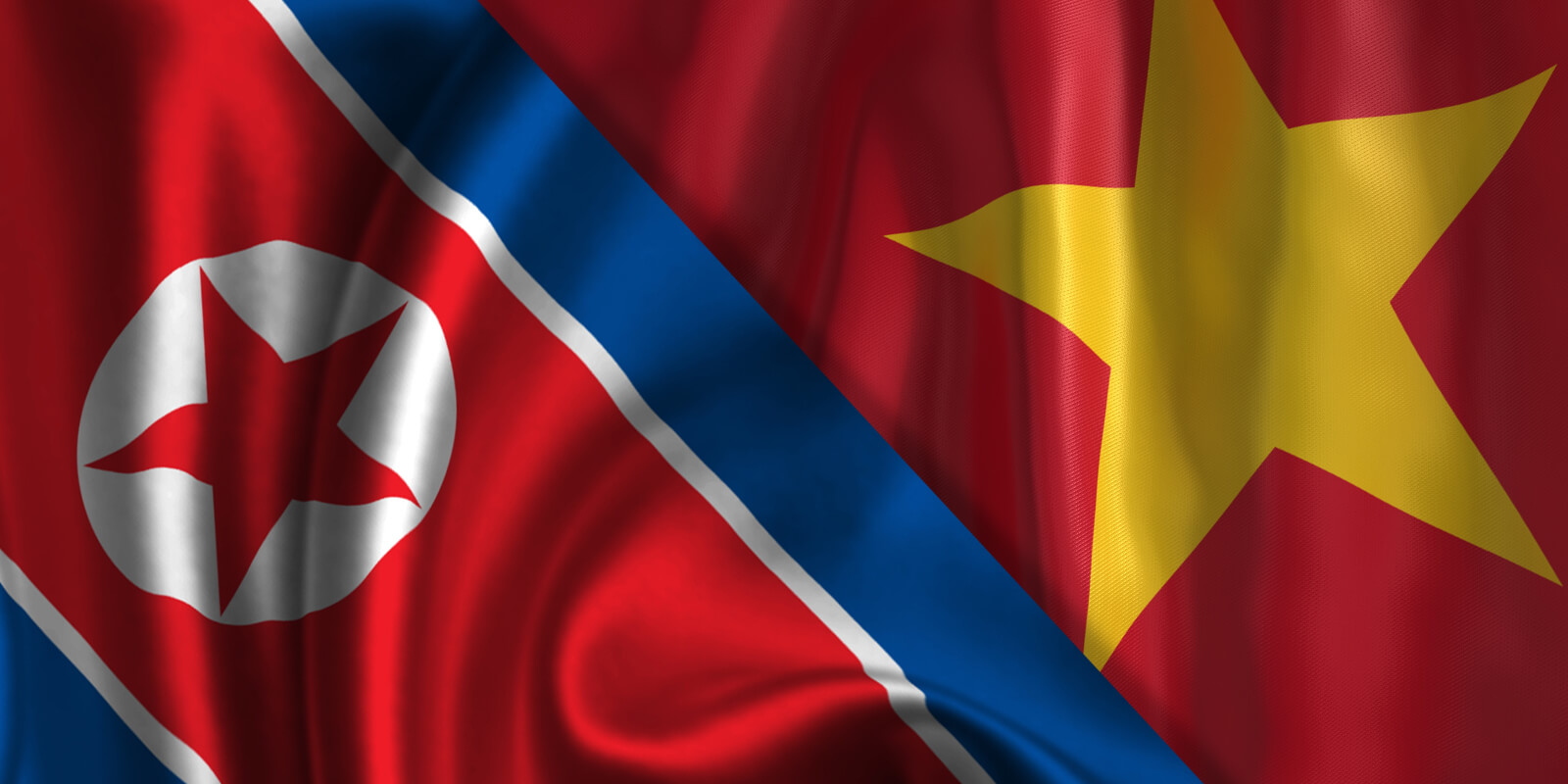Can Vietnam talk some sense into North Korea, and in so doing make itself the go-to country in Asia for diplomatic fixes? There are those in Hanoi, and quite a few scattered across the foreign policy establishment, who think so.
Vietnamese President Tran Dai Quang believes so, and would like to be the intermediary between the United States and North Korea.
Back-channel talks — if they can be called that — have begun. Influential American academics have met with leaders in Vietnam and President Quang has been involved. An idea, however inchoate, is in the air in Hanoi – and the government would very much like to see the concept grow.
For Hanoi, being useful to both Washington and Pyongyang, would help Vietnam gain international stature, as well as accelerate its importance in the region.
Globally, Asian scholars and diplomats are hoping to see strong initiatives, particularly from the United States, to affect the seeming intractability of a number of issues in Southeast Asia, which include North Korea’s adventurism and China’s continued expansion in the South China Sea. An additional irritant is China’s damming of the Mekong River, starving Vietnam, Laos and Cambodia of water.
No one involved believes that a communications channel will cause Kim Jong-un, the North Korean leader, to abandon his war games with rocket and missile tests. But they do believe that when and if there is a need to have some kind of opening to North Korea, and to speak to its obtuse leadership, Vietnam is uniquely well-placed facilitate a conversation.
Vietnam, like North Korea, has fought the United States. It also knows what it is like to be dependent on China for its survival, as North Korea is and as North Vietnam was. It also knows what it is like when that kind of lifeline of dependence goes wrong. Vietnam fought a war with China in 1979, with intermittent clashes until 1990.
Hanoi’s hopes to become a bigger player in the Asia diplomatic firmament extend beyond helping the United States with Pyongyang. It would like to be a bigger player in general in Asian diplomacy and use its unique history with the United States and with China to make it a valuable go-between with other countries including Myanmar and even Iran.
“Vietnam feels it has come of age among nations and wants to play a role in offering its good offices to the United States and other world powers,” says a Vietnamese academic, who lives in the United States and is involved in these early diplomatic moves. He says Vietnam, after the fall of Saigon in 1973 and the abrogation of the peace treaty in 1975, and the United States have come a long way and enjoy very good relations. Polls show the United States is favorably regarded by 78 percent of the Vietnamese population of nearly 100 million. President Obama visited a thrilled Vietnam in May. Eight percent of the foreign students studying in the United States are from Vietnam.
But all is not completely rosy. The foreign policy establishment in Washington, as well as a plethora of civil rights groups, worries about human rights in Vietnam, its authoritarian ways and the treatment of dissidents.
Particularly vexing to those who would like to see Vietnam become a kind of Asian Switzerland, friendly to all and skilled at bringing disputatious parties together, is the treatment of journalists, bloggers and others who are imprisoned when they run afoul of the Vietnamese leadership’s sensitivities. Press freedom is high on the list of reforms the West in general would like to see if Vietnam is to realize the role which it seeks.
For its part, Vietnam would like to see the United States take a stronger stand against China’s virtual annexation of the South China Sea and to pass the Trans-Pacific Partnership agreement. Here, there are real fears that the hostile political climate in the United States will do damage to its relations with Southeast Asia at a critical time.
Still, Vietnam wants ever-closer relations the United States and a bigger diplomatic role in Asia. The feelers are out. — For InsideSources

 Follow
Follow
Leave a Reply